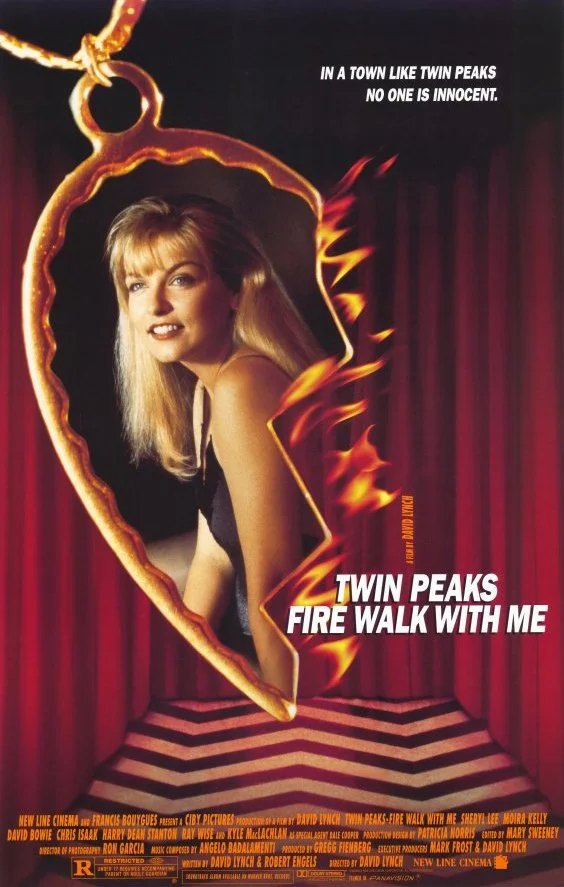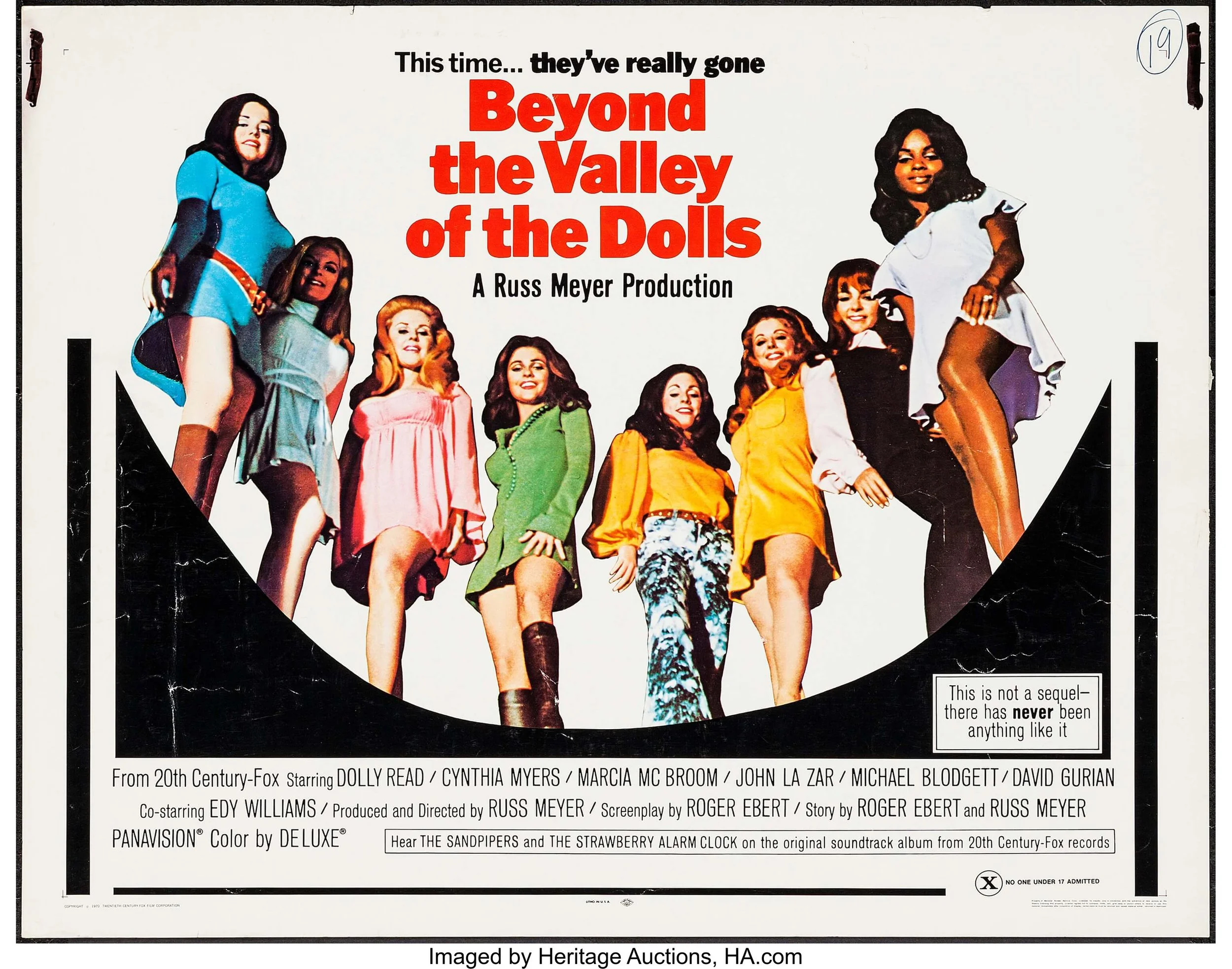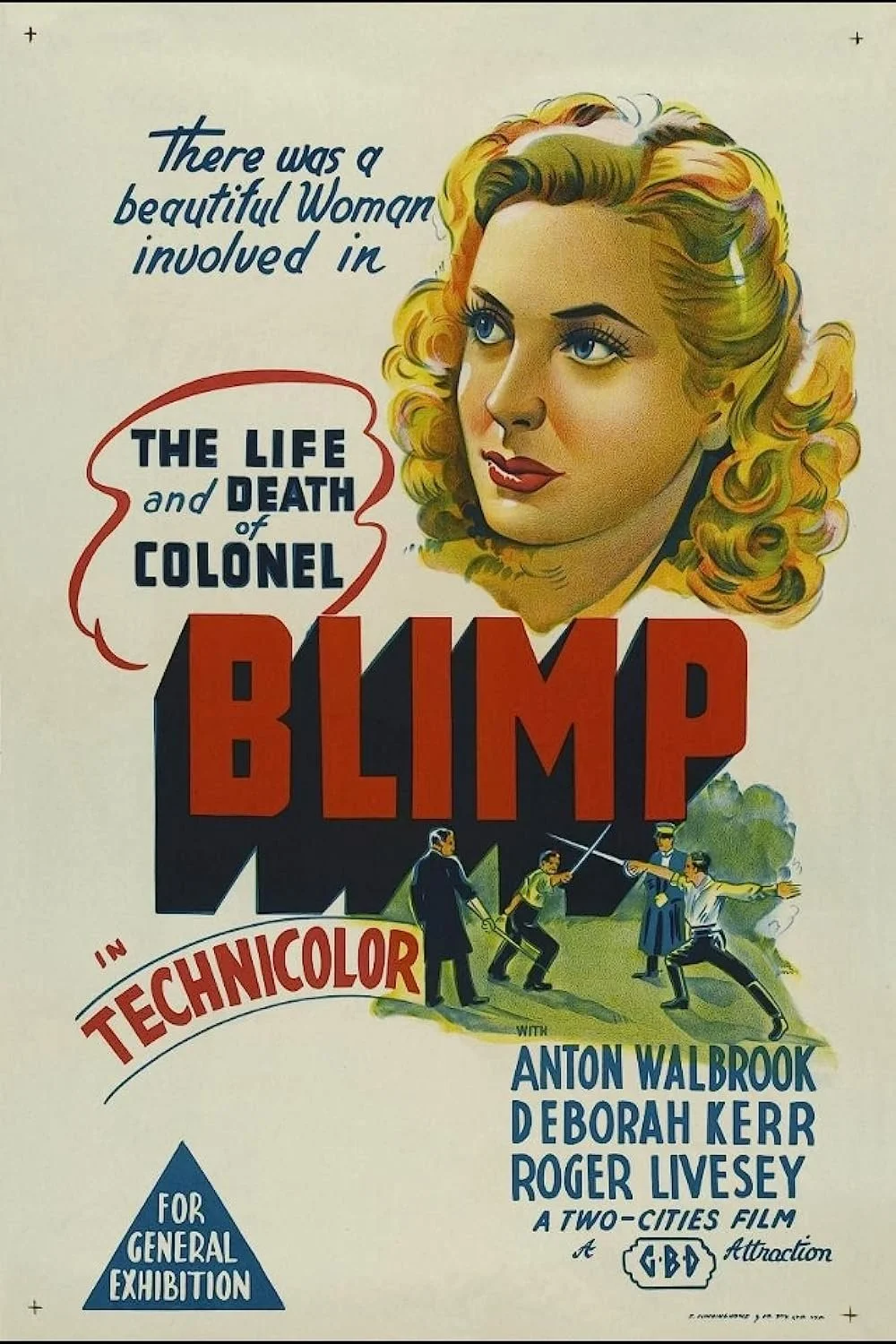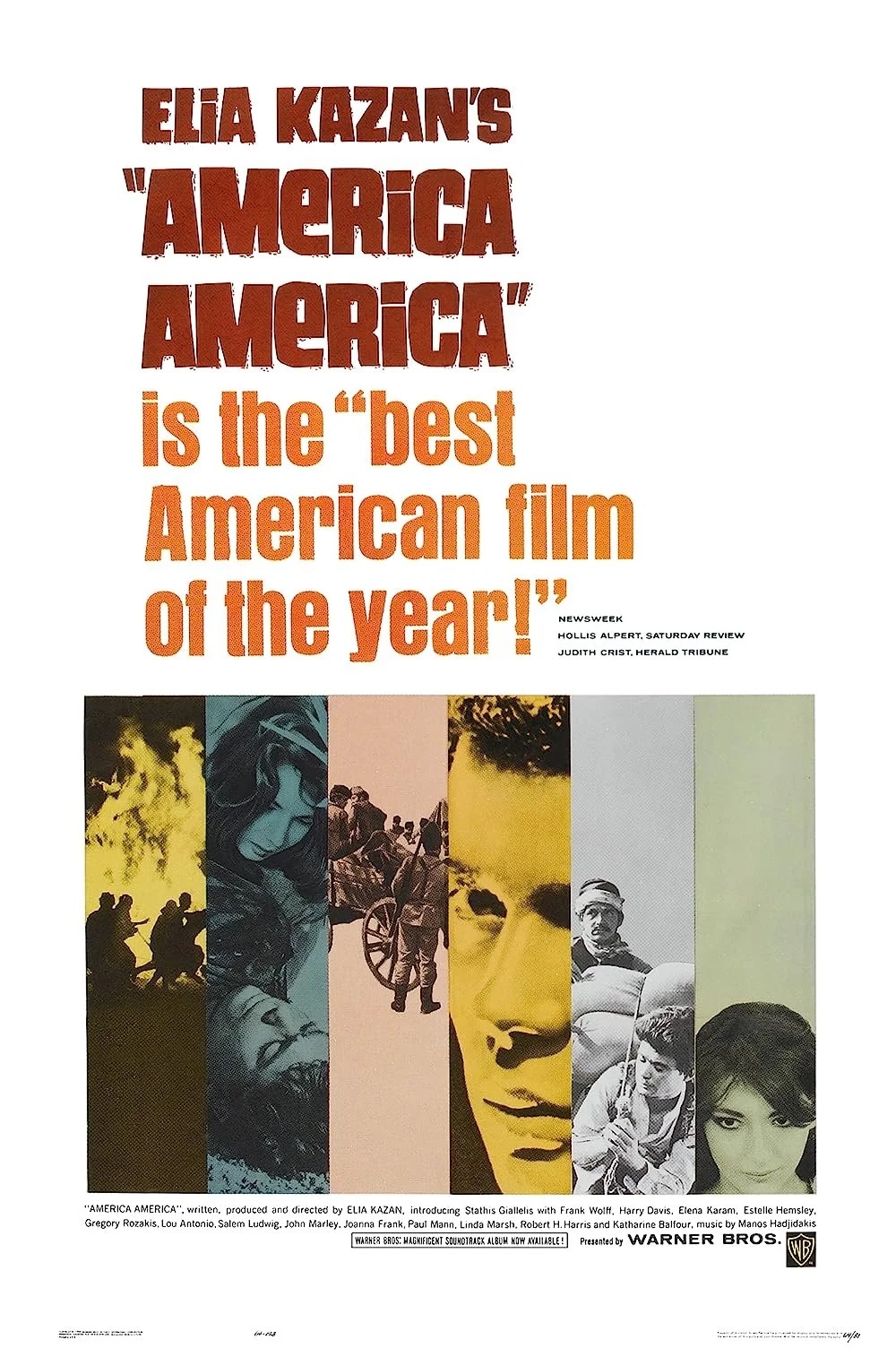The Heavyweights: Personal favorite films of the 21st century by Craig Hammill
One of the great catalysts for 21st century moviemakers is the reality that masterworks, every square inch as good as anything made, are being produced. There’s still cinema frontier yet to be explored. There are still filmic peaks yet to scale.
Like everything in art, there are the objective masterworks and then one’s own personal favorite masterworks. There’s an overlapping ven dot diagram of intersection to be sure. But the two lists are different beasts.
Today, this writer would like to discuss (with pith! with brevity!) a list of personal selections for greatest movies of the 21st century. These include Catch Me If You Can (2002), Children of Men (2006), No Country for Old Men (2007), There Will Be Blood (2007), Zodiac (2007), Un Prophete (2009), Melancholia (2011), The Act of Killing (2012), Hard to be a God (2013), Boyhood (2014), Twin Peaks The Return (2017-though this will passed over as it will be written about in depth across the next few weeks), Into the Spiderverse (2018), Lover’s Rock (2020), and The Worst Person in the World (2021)….
Read More
Intensity & Essence: Twin Peaks' Fire Walk With Me & The Missing Pieces (Part 2 of 4) by Craig Hammill
David Lynch and Mark Frost came back from their own respective feature film projects (Wild at Heart for Lynch, Storyville for Frost) to try and salvage their TV creation Twin Peaks, which had one foot in the cancellation grave for most of 1991. Lynch and Frost returned the series to its roots and even deepened the mystery with a Season 2 finale “Beyond Life and Death” that managed the impossible by becoming one of the series’ greatest episodes ever. They ended that spectacular episode on a cliffhanger in the hopes of big enough ratings to convince ABC to allow them a third and final season to tie up loose ends.
ABC cancelled the show anyway.
So fans and audience members were left with the horrible final scene of truly decent spiritual FBI agent Dale Cooper (Kyle Machlachlan) seemingly possessed by the horrific malevolent embodiment of evil BOB (Frank De Silva).
However a potential deux ex machina came when word got out that Lynch was directing a Twin Peaks feature film. Surely this cliffhanger would be resolved. Surely…
Read More
The David Lynch style, Twin Peaks, and the first two seasons (Part 1 of 4) by Craig Hammill
Rewatching a movie or TV series is a beautiful new experience. Now that you’re familiar with the material, you enter a new level of engagement. Rewatching the first two seasons of David Lynch’s and Mark Frost’s Twin Peaks which aired in 1990-1991 on ABC, a tension becomes very clear.
There are aspects of the show which clearly obsess Lynch and Frost, namely the murder of Laura Palmer, spiritual straight shooter FBI agent Dale Cooper who comes to investigate the murder, a kind of interrogation of small town community, and the complex nature of good and evil deeds with a belief that travels into the transcendent. .
But then you also notice there are aspects of…
Read More
SMUGGLER WESTERNS: Recent movies that are westerns you didn't think were westerns by Craig Hammill
Westerns as a lucrative genre with guaranteed return ceased to be the goose that laid the golden eggs in the late 1950’s, early 1960’s.
There have been huge hits after this: Sergio Leone & the Spaghetti Westerns of the 60’s/70’s, Sam Peckinpah’s 1969 THE WILD BUNCH, Clint Eastwood’s 1992 UNFORGIVEN, the Coen Brothers’ TRUE GRIT (their highest grossing movie actually), Quentin Tarantino’s 2012 DJANJO UNCHAINED…
But TV westerns, changing US audience sensibilities, and plain ol’ fatigue contributed to the cowboys heading into the cinematic sunset around 1963 mostly for good.
YET. . .there have been a whole host of what I’m going to coin “Smuggler Westerns” that have…
Read More
Uncomfortable Questions: Jodorowksy, Quality Cinema, Questionable Moviemakers by Craig Hammill
Often the important questions are the uncomfortable ones.
And it follows logically from uncomfortable, tough questions that there are not going to be easy answers.
Such is the case with some of the thorny issues surrounding Chilean filmmaker Alejandro Jodorowksy and his one-of-a-kind surrealists masterwork El Topo.
Boiled clean to its essence, the dilemma is this: Jodorowsky claimed to have raped an actor on-screen to get a performance he wanted in his 1970 surrealist breakout Mexican film El Topo. He later walked back the comments issuing an apology and stating he had said such things at the time as a surrealist advertising technique to create instant controversy but that everything in the movie was consensual. The actor in question has never stepped forward to either confirm or deny Jodorowsky’s presentation of facts. So we only have Jodorowksy’s problematic explanation upon which to rely.
The question is the tough one: do you then…
Read More
THE CHILDREN OF EISENSTEIN by Craig Hammill
Over the last seven plus years, you may have heard me opine about how I think there are traceable lineages in cinema. It can almost be biblical if you want. German expressionist genius F.W. Murnau (The Last Laugh, Sunrise, Nosferatu) begat John Ford who begat Akira Kurosawa and Ingmar Bergman who begat Spielberg. . .
Then recently another lineage seemed to pop its way into my consciousness. And I was embarrassed I’d never really put it together. The other German expressionist maestro Fritz Lang (Dr. Mabuse, Metropolis, Die Nibelungen) begat Alfred Hitchcock who begat Brian De Palma and David Fincher who begat. . .
And I thought that was it. No more begatting.
But then it hit me. I’d left an entire genealogy on the table that was so clear it had been staring me in the face just inches away from my nose.
Russian montage master moviemaker Sergei Eisenstein (Strike, The Battleship Potemkin, Alexander Nevsky)…
Read More
THE COMPLEX ART: What James Baldwin can teach us about cinema by Craig Hammill
To be a well-rounded moviemaker it helps to be well read. Or maybe put better: it sure as hell isn’t going to hurt you as a storyteller to read as much as you can to really grasp the fundamentals of narrative and character.
Countless (too many I’m sure) times, I’ve mentioned how well-read Akira Kurosawa was. This has always left a deep impression on me. In talking about his conception of the defiant poor girl Otoyo in Red Beard (1965), Kurosawa referenced Charles Dickens’ Little Dorrit. He made several explicit adaptations including Dostoyevsky’s The Idiot (1951), Gorky’s The Lower Depths and Shakespeare’s Macbeth (both 1957!). He adapted an Ed McBain novel as High and Low (1963). Kurosawa read like a shark on a tear. I’ve heard John Ford was the same only Ford hid his literacy for fear the moguls might have their suspicions confirmed that he was making art on their dime.
This is all to say that I just finished James Baldwin’s 1955 collection of essays Notes of a Native Son. It’s a short read. It would be wrong to say it was an easy read. Baldwin lands so many punches and packs so much dense rich nutrition
Read More
WHAT MAKES FRANCIS FORD RUN by Craig Hammill
“Today, as I sit here right now, I think I have genius but no talent, really. I mean, I know film directors…David Lynch, who did The Elephant Man… who just have that talent. They’re like the kids who could draw in school, and they’d do beautiful work, and you couldn’t draw like that. And they didn’t seem to do anything to deserve it. That kind of talent I don’t have. My talent was more like something that came out of wanting it…” Francis Ford Coppola, Rolling Stone Interview, March 18, 1982
Francis Ford Coppola has always fascinated me. One of the bright lights (as I see it) of cinema’s current strange moment is that an 84 year old Coppola has just wrapped…
Read More
RUSS MEYER 101 by Craig Hammill
How do you solve a problem like Russ Meyer? (Sung to the melody of How do You Solve a Problem like Maria from The Sound of Music)
First and foremost, Mr. Meyer and his cinema aren’t really a problem. They are a mind-befuddling joy. An insane vortex of sex, satire, idiosynchrasy, brazen individualism, and marquee filmmaking masquerading as burlesque, as exploitation, as the American male id stripped bare, than flogged, than made to heel at the Juno-esque bosom of the always more intelligent female at the heart of almost all of Meyer’s cinema.
Russ Meyer made many movies. On his tombstone in Stockton, California is engraved “King of the Nudies” followed by “I was glad to do it.” (True story).
Meyer made movies with titles like Vixen, Motorpsycho, Mondo Topless. . .But the crowning twin peaks upon which the film community shall always lay its head to succor will be 1965’s Faster Pussycat Kill Kill and 1970’s even greater Beyond the Valley of the Dolls. Voluptuous monuments to Meyer’s ripe fleshy talent.
What’s so confounding about Russ Meyer movies is that they shouldn’t still work. They shouldn’t have aged as well as they have. After all…
Read More
The Life and Death of Colonel Blimp (1943, dir. Emeric Pressburger & Michael Powell, UK) by Patrick McElroy
“40 years ago!”
Those are the words said by Major General Clive Candy, the main character in The Life and Death of Colonel Blimp, and they were uttered by the film’s director Michael Powell 40 years ago when he presented the new restoration 40 years after it was originally released.
Read More
America America (1963, dir. Elia Kazan, USA) by Patrick McElroy
When approaching the 4th of July holiday we often get an excess of jingoism, but what we fail to recognize is the value of immigrants, what they bring to the culture, and how they help retain it as a democracy. The journey of every one of them is unique, and few films explore it better than Elia Kazan’s 1963 film America America, released 60 years ago this year.
Read More
Fellini and the Deep Mysteries of Filmmaking by Craig Hammill
Yet, when I see a movie like Federico Fellini’s 1965 Juliet of the Spirits I can’t help but want to see a resurgence of that kind of mid-twentieth century art-house blockbuster. But with a new twist and new advance for our current times.
Read More












